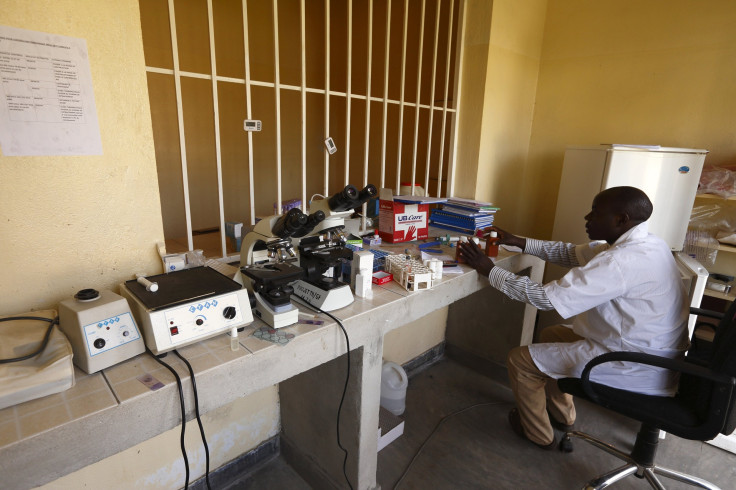A New Scientific Center For Africa: Pan-Continental University Project Gets $45M Grant

Plans to establish a pan-African university dedicated to technology and science received a boost on Monday, thanks to a grant of $45 million from the African Development Bank. The project, which will cost an estimated $154 million, won't require much in the way of infrastructure. Pan African University will make use of existing facilities to create centers for learning and research across the continent, focusing on technology and basic sciences in East Africa; earth sciences, health and agriculture in West Africa; governance and social sciences in central Africa; climate change and energy sciences in North Africa and space sciences in southern Africa.
As it stands, the African continent is home to more than 1 billion people, most of whom are below the age of 25. That gives the continent tremendous potential as a hub for education and research, but poverty and a lack of infrastructure present major hurdles -- about 37 percent of adults in Africa are illiterate. Science education can help the continent solve many of its own problems. Better agricultural practices, for instance, could help Africa to address food insecurity problems without relying on international aid. Healthcare breakthroughs can combat endemic diseases such as HIV/AIDS and malaria. Technology advances could increase connectivity and empower remote communities or civil society groups.
If a Pan-African University can be up and running within five years, it could position itself to be at the forefront of these critical advances. "Thousands of students all over Africa will benefit from this project," Agnes Soucat, director of human development at the African Development Bank, said, according to Africa Outlook magazine. "This is truly an amazing regional effort to help African universities achieve world-class status. It will increase the pool of African scientists and researchers not only to serve the needs of the continent but to help youth become competitive in international labor markets."
© Copyright IBTimes 2025. All rights reserved.





















